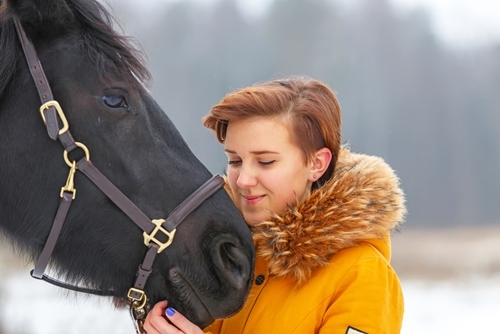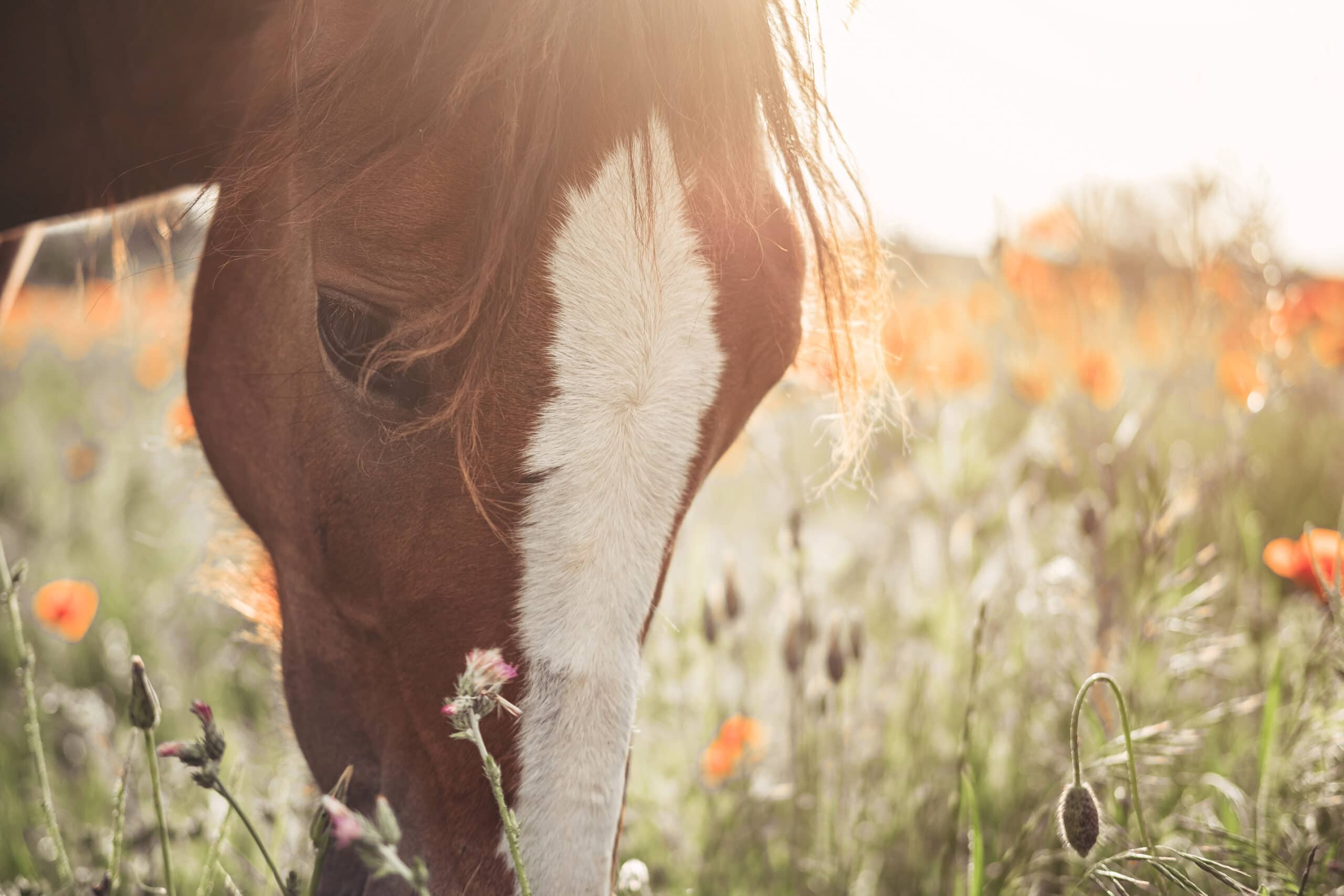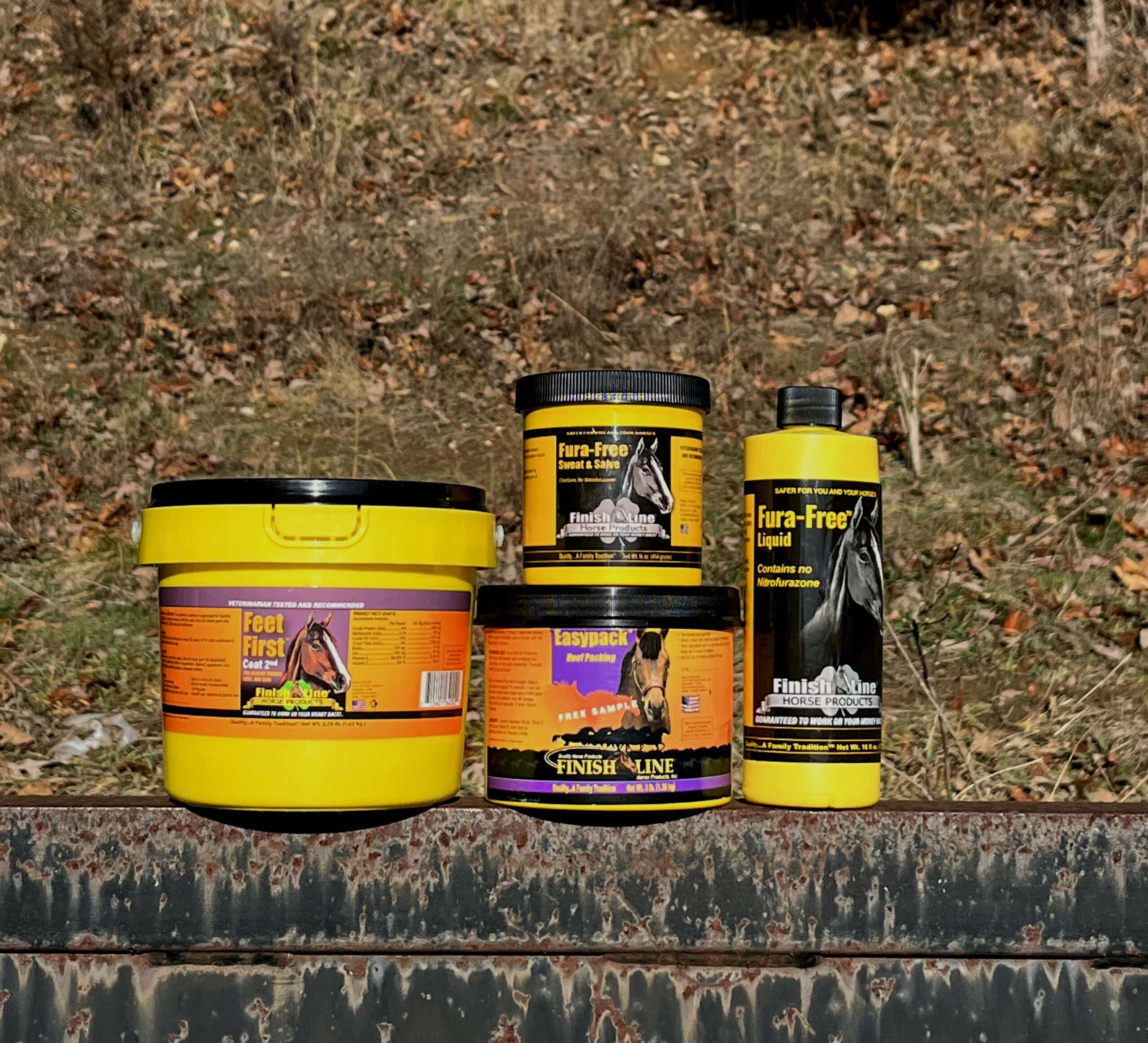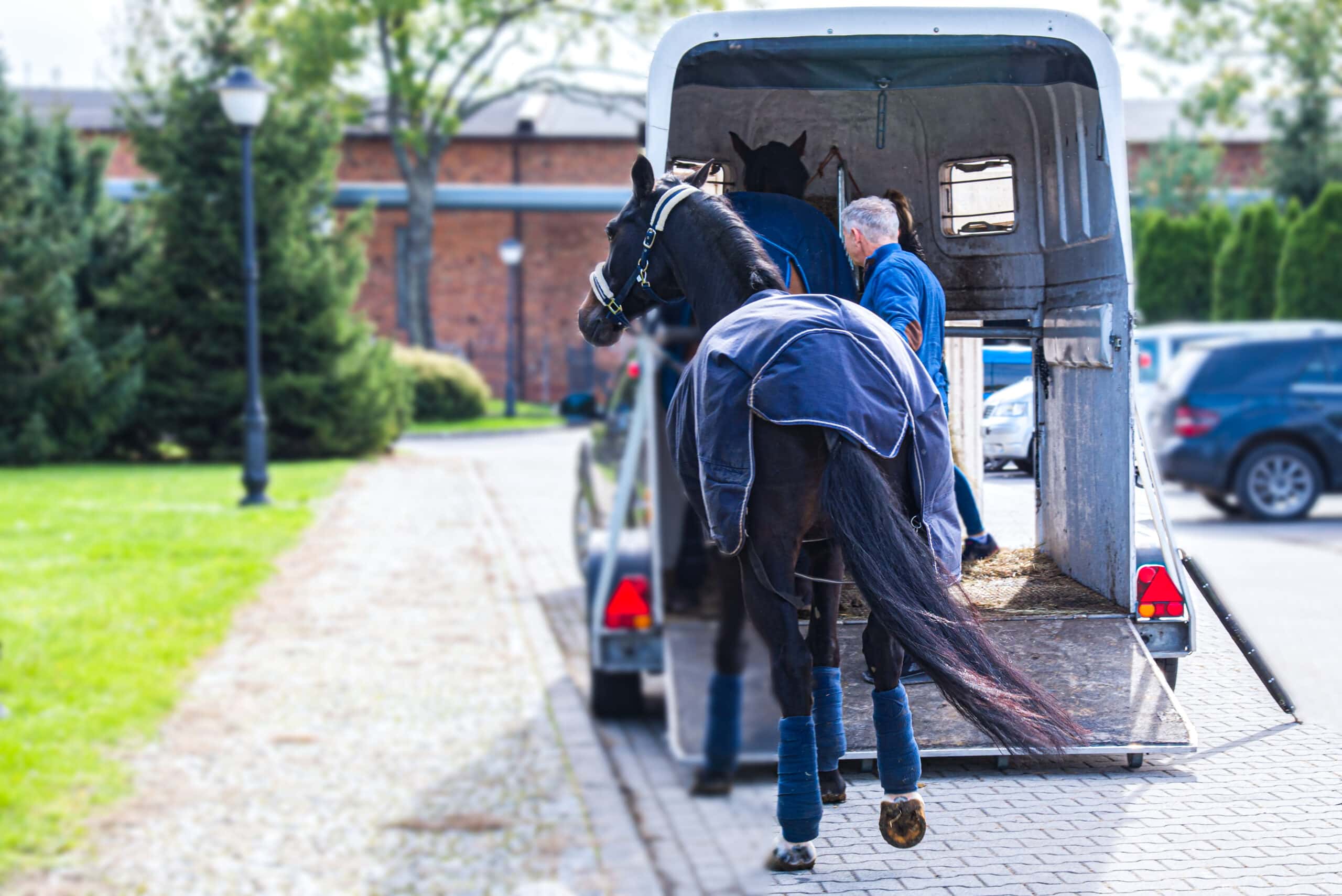Winter means many things: Snow fights, hot cocoa by the fire, getting nice and cozy under a warm blanket. But for horse owners concerned about equine health, it also means some extra responsibility.
Just as in summer, horses need special care in the winter time, particularly when it comes to what they eat. The temperature drop means they require extra dietary energy to keep up their body temperature – an extra 1 percent of energy for each degree Fahrenheit below 18, according to the University of Minnesota’s Dr. Marcia Hathaway.
Here’s a quick rundown of how you should be filling your stupendous steed’s appetite during the colder months.
The weather outside is frightful, but the feed is so delightful
Winter feeding for horses is all about which foodstuff is most likely to give your horse the energy it needs to stay warm as the snow falls. While grain is often thought to be the ticket, it’s actually forage, or hay, whose digestion increases the heat produced by a horse.
In winter, a horse should consume around 1-2 percent of its body weight in forage every day. This will also increase its intake of calories, helping it to bulk for the winter months, as the University of Pennsylvania’s School of Veterinary Medicine (Penn Vet) points out. You might also consider adding some fortified grain to its diet for this purpose.
Finally, remember that you should keep providing your horse with the regular nutrients it would receive, including its feed supplements. When you give it salt, however, serve it loose rather than in blocks, as the horse won’t want to lick cold salt blocks.
Lead your horse to water, and make it drink
The unique feed requirements of winter can impact your horse’s hydration needs. As Drs. Hathaway and Krishona Martinson point out, all that grain and hay can make an animal thirsty – they contain only 15 percent moisture, compared to the 60-80 percent contained by pastures. And if your horse isn’t drinking enough water, it’s less likely to eat, and so more likely to succumb to the winter cold.
Your horse should be drinking around 10-12 gallons of water a day. Don’t assume your horse can simply consume ice or snow for its water intake – there are potential health risks associated with this, and it may not provide the right amount of hydration anyway.
A Penn Vet study found that horses drank 41 percent more water when the liquid was heated than when it was at near-freezing temperatures. So heat your horse’s water to around 45-65 degrees Fahrenheit to encourage its water consumption.









